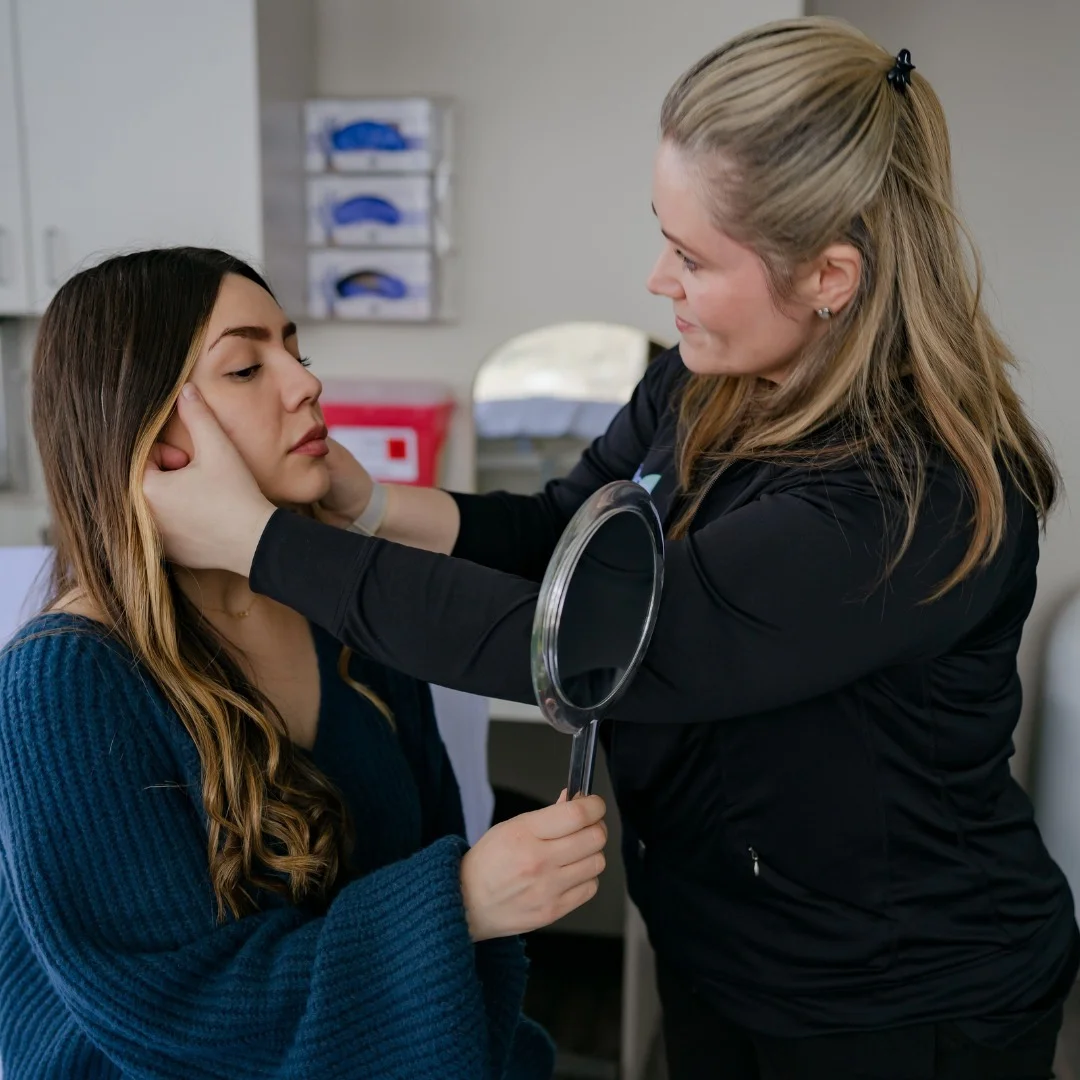Coffee is shown to improve rosacea, decrease melanoma risk, and positively affect the skin.
Have you been diagnosed with Rosacea? Has your dermatologist told you that “everything good in life” can be a trigger? Alcohol, spicy foods, caffeine, sun, exercise, hot liquids?
Well, coffee drinkers, you may be in luck! A new observational study was published in December 2018 in JAMA dermatology that may contradict the adage of caffeine (specifically coffee) worsening Rosacea.
The article, titled “Association of Caffeine Intake and Caffeinated Coffee Consumption With Risk of Incident Rosacea in Women”, presents data on 82,000 women from the Nurses Health Study II followed from 1989 to 2005. For this particular observational study, participants had to assess their coffee, tea, and chocolate intake every 4 years and in 2005 participants were asked if they had clinician diagnosed Rosacea. Almost 5000 cases of Rosacea were diagnosed, and after adjustment for other risk factors, the authors found an inverse association between increased caffeine intake in coffee drinkers and risk of rosacea. This meant that the participants that drank more coffee had less of a chance of having Rosacea! The decreased risk of rosacea was more significant in participants that drank greater than 4 servings of coffee/day vs those that drank less than 1 coffee/month. This trend was not seen in decaffeinated coffee drinkers or in consumers of caffeine in tea, soda, or chocolate.
This is indeed more good news for coffee drinkers! From a review of a meta-analysis published last year coffee seems to protect against some cancers, cardiovascular disease, type 2 diabetes, chronic liver disease, parkinson disease, Alzheimer disease, and depression. Now dermatologists can add Rosacea to the list. Pregnancy is one of the few times that higher coffee consumption seems to be a risk.
Caffeine is also known to decrease vasodilation and have immunosuppressive effects. The authors of this article hypothesized this as the the mechanism by which caffeine may potentially decrease the risk of rosacea. In this study, however, the benefits of caffeine were only seen in coffee drinkers. So for now, if you have Rosacea, drink up. Coffee that is!
What about caffeine and melanoma? Well, there is some great news there too.
In a recently published large study the risk of melanoma in men was found to be reduced by between 10% and 70% with highest consumption related to greatest risk reduction. Unfortunately, there was no difference in women coffee drinkers and their melanoma risk. Additionally, tea drinking does not appear to affect melanoma risk.
It has been demonstrated in mice that the oral administration of coffee has a sunscreen effect by inhibiting the genetic alterations induced by UVB radiation. Other studies on human melanoma cell cultures show caffeine can help in the eliminating abnormal cells, oppose growth of melanoma cells, and help prevent migration of melanoma cells to distant sites (metastasis).
I’ve heard that caffeine can be helpful when applied to the skin. Is that true?
Caffeine is found in several skin care products. It’s important to note that the beneficial effects reported above were related to coffee only; other caffeinated beverages or foods did not show the same benefits. However, we know that caffeine has properties making it a staple ingredient for eye creams and is also used as an antioxidant in skin creams, which aids in wrinkle prevention.
In eye creams caffeine is used for it’s blood vessel constriction, anti-inflammatory, and soothing properties resulting in temporary reduction of redness and undereye bags. Two creams we recommend to our patients are NeoCutis Lumiere Eye Cream and Tensage Stem Cell Eye Cream.
Caffeine, as an antioxidant, can lesson the effects of ultraviolet exposure on wrinkling and skin aging. It is one of the principal ingredients found in Sente Neck Firming Cream.
[divider width=”full”]
AboutSkin Dermatology near Denver in Lone Tree and Greenwood Village Colorado is a team of board-certified Dermatologist physicians. It would be our privilege to be your trusted skin care professionals. Call to schedule your skin exam today.
Association of Caffeine Intake and Caffeinated Coffee Consumption With Risk of Incident Rosacea in Women. Suyn Li, Phd; Michael L. Chen; Aaron M. Drucker, MD;Eunyong Cho; Hao Geng, BS; Abrar A. Quereshi, MD, MPH; Wen-Qing Li, PhD. JAMA Dermatol. 2018;154(12):1394-1400. doi:10.1001/jamadermatol.2018.3301


